Onward, and Upward: A Victory for Local Farm Ownership

We’re excited to announce that Agrarian Trust is growing! I hope you’ll take a look at these new roles on our team and consider sharing with your colleagues and networks. We’ve reached a pivotal moment in our work and can’t wait to welcome four new members to the team.
Exciting Updates from the Field
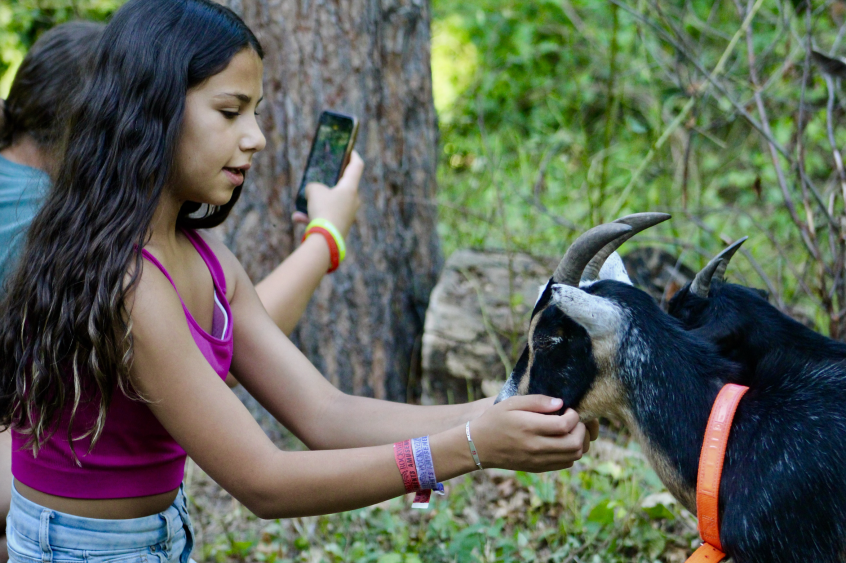
Agrarian Trust and an Indigenous collective are raising funds to support the long-term viability of a land rematriation project within the ancestral homelands of Nipmuc People in an area known as “Bogastow Farm.”
How we catalyze the commons 🌱
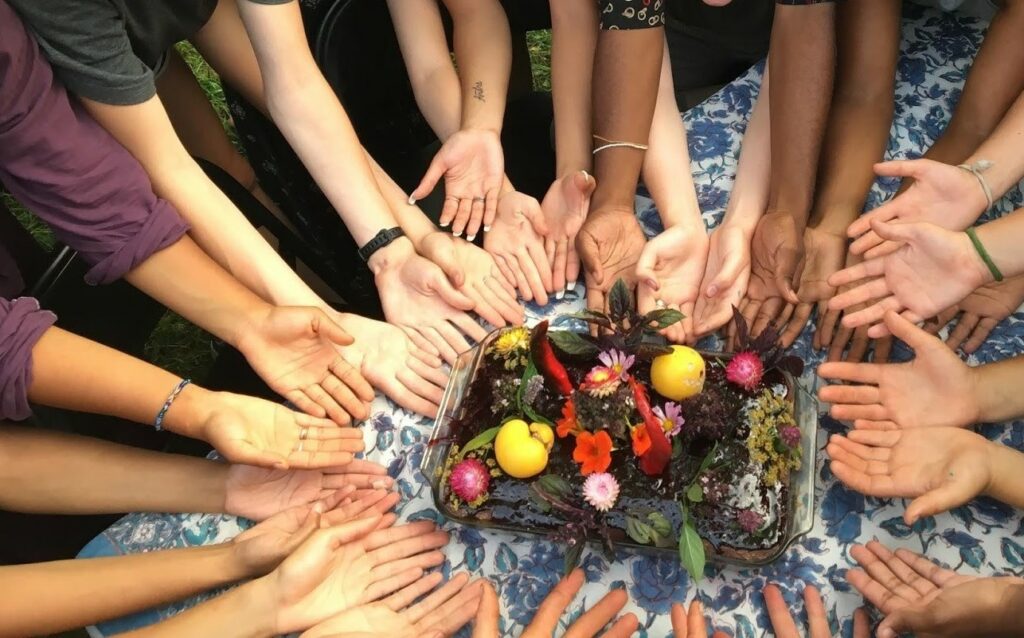
Agrarian Trust Summer Newsletter | June 2024 Whether the solstice found you basking in the sun or keeping cool in the shade, we trust you’ve been enjoying the bounty of local farms. It’s been an abundant season for the commons with new partnerships and four new farms helmed by next-generation farmers on the way. We got a wonderful response […]
We’re hiring! Grow the commons with us 🥕
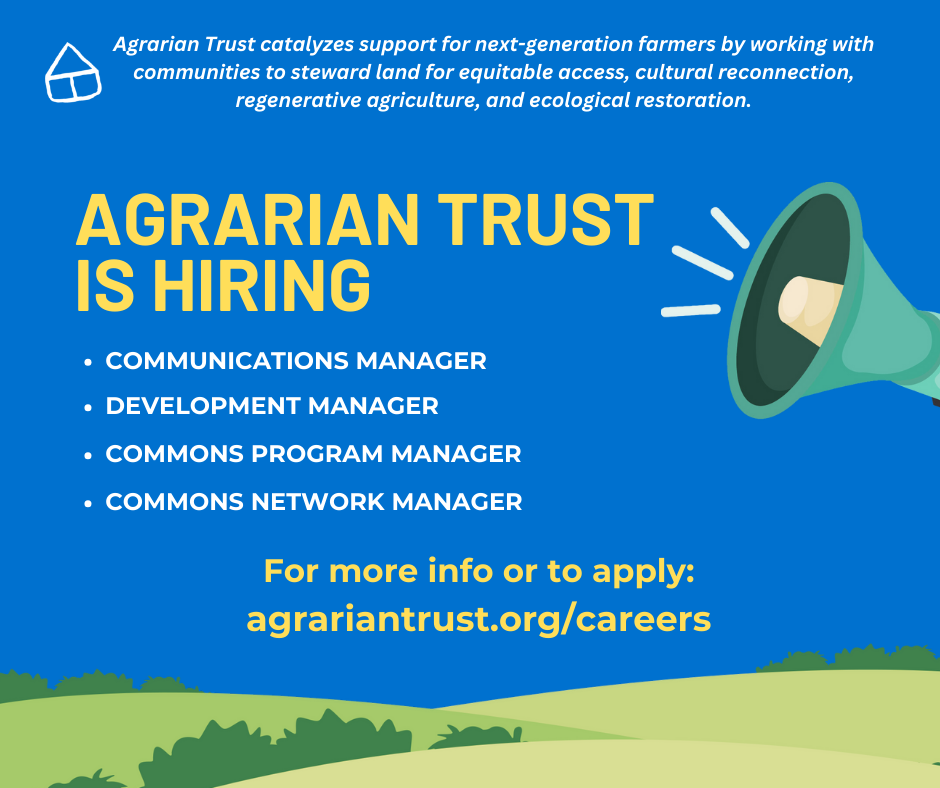
We’re excited to announce that Agrarian Trust is growing! I hope you’ll take a look at these new roles on our team and consider sharing with your colleagues and networks. We’ve reached a pivotal moment in our work and can’t wait to welcome four new members to the team.
Request for Proposals: Agrarian Trust Seeks Grant Writer to Support and Collaborate with the Commons, Apply by 9/30/2024
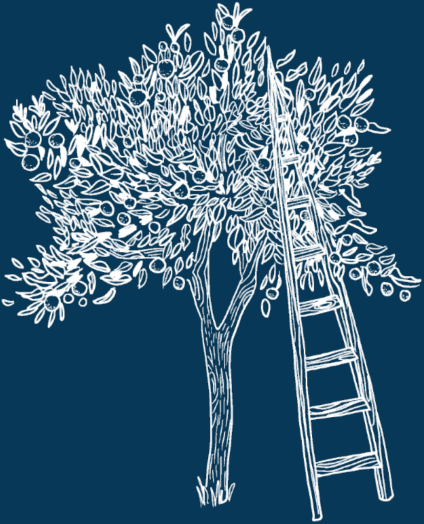
We’re excited to announce that Agrarian Trust is growing! I hope you’ll take a look at these new roles on our team and consider sharing with your colleagues and networks. We’ve reached a pivotal moment in our work and can’t wait to welcome four new members to the team.
Request for Proposals: Agrarian Trust Seeks Web Designer for Site Redesign, Apply by 9/30/2024

We’re excited to announce that Agrarian Trust is growing! I hope you’ll take a look at these new roles on our team and consider sharing with your colleagues and networks. We’ve reached a pivotal moment in our work and can’t wait to welcome four new members to the team.
Celebrating Okra Fest 2023: A Conversation with Cam Terry
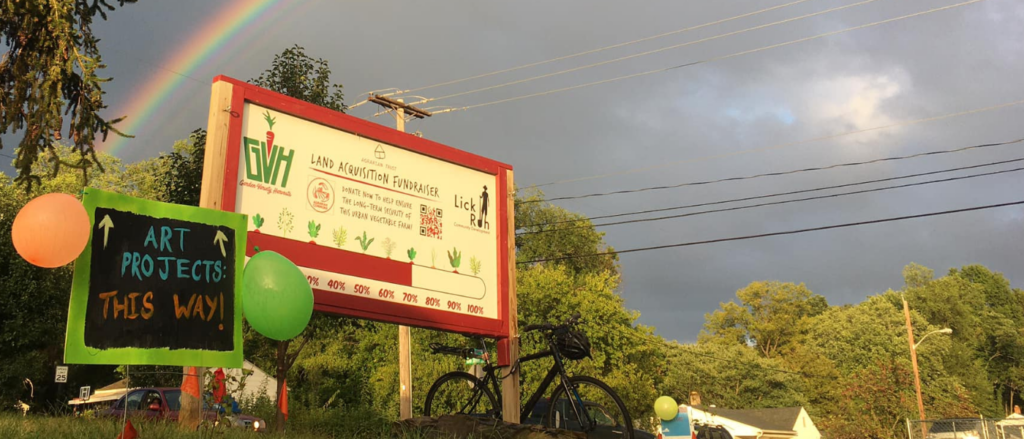
We recently had an opportunity to connect with Cam Terry, a farmer in Roanoke, Virginia who is currently raising funds with Agrarian Trust and Southwest Virginia Agrarian Commons to acquire a parcel of land in central Roanoke. We spoke about Okra Fest, a yearly arts festival that Cam hosts on his farm celebrating okra, community, […]
Global Spotlight: Community Land Scotland
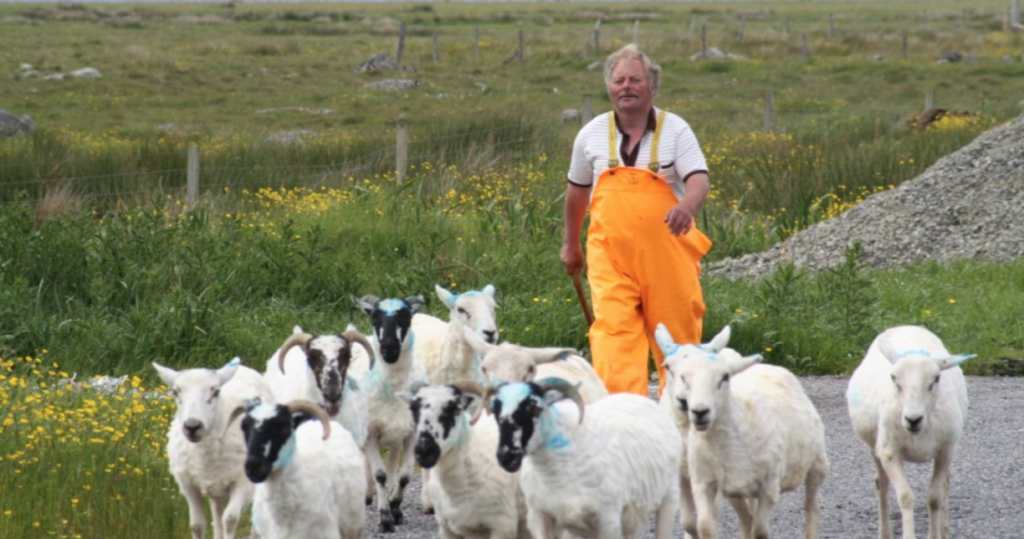
The Agrarian Trust is just one of many organizations across the world dedicated to the advancement of community control of the land. In Scotland, state-level land reform and grassroots organizing have led to the widespread practice of community land ownership. In 2010, Community Land Scotland (CLS) was founded to act as a shared voice for community landowners in Scotland and to provide support for communities as they navigate the complex world of purchasing and managing land as a community body. Today, its members “manage 560,000 acres of land, home to some 25,000 people.” As models like the Agrarian Commons gain traction in the United States, it is worth studying the examples of our global partners. CLS deploys a compelling mix of policy work, training, and networking opportunities to support community land ownership in Scotland.
What is Agroecology?
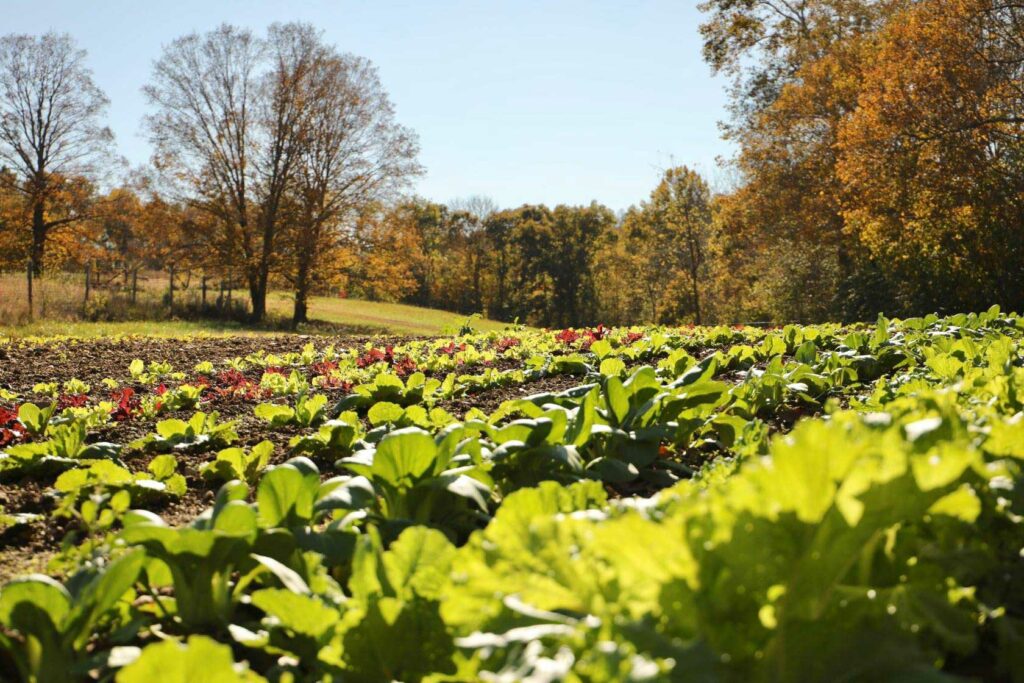
Agroecology is simply a continuation of these millennia of knowledge accumulation. Any one definition of agroecology as a practice would be incomplete. It reaches beyond a limited set of techniques or ideas, instead embracing the efficacy of agricultural techniques produced on a regionally, culturally, and ecologically specific level.
Key Findings From National Young Farmers Coalition’s 2022 Farmer Survey
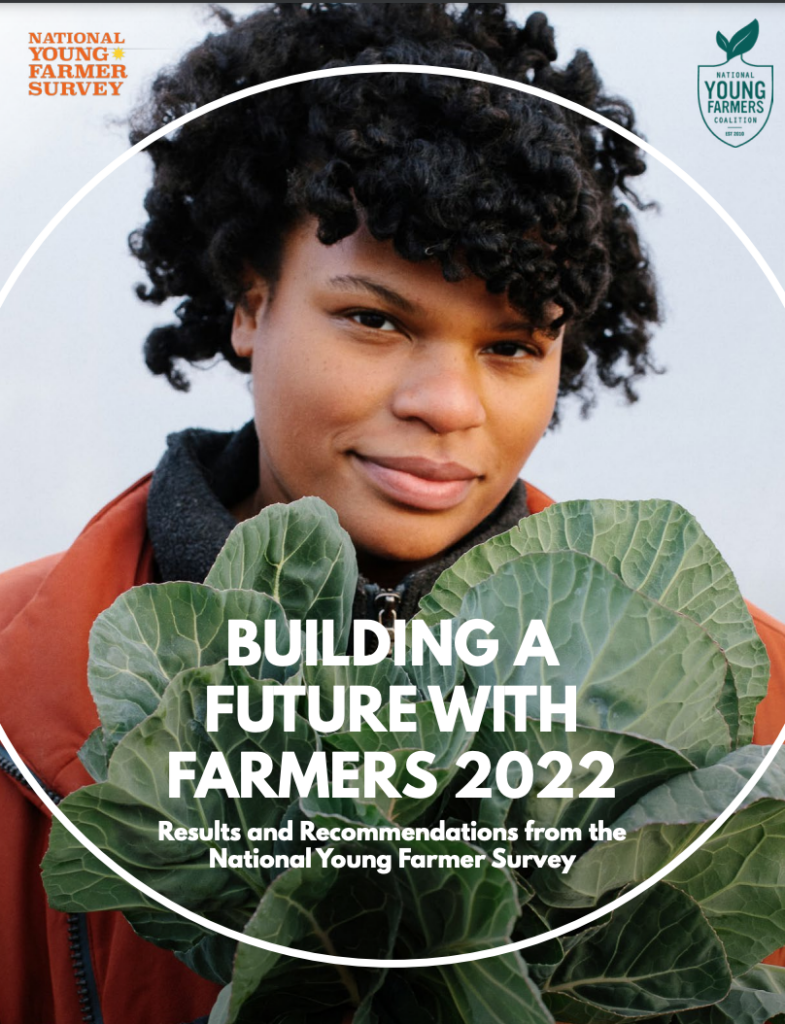
According to the survey, 59 percent of farmers surveyed reported that finding affordable land was “very or extremely challenging.” An even higher percentage of BIPOC farmers—68 percent of Indigenous respondents and 66 percent of Black respondents—gave the same response.